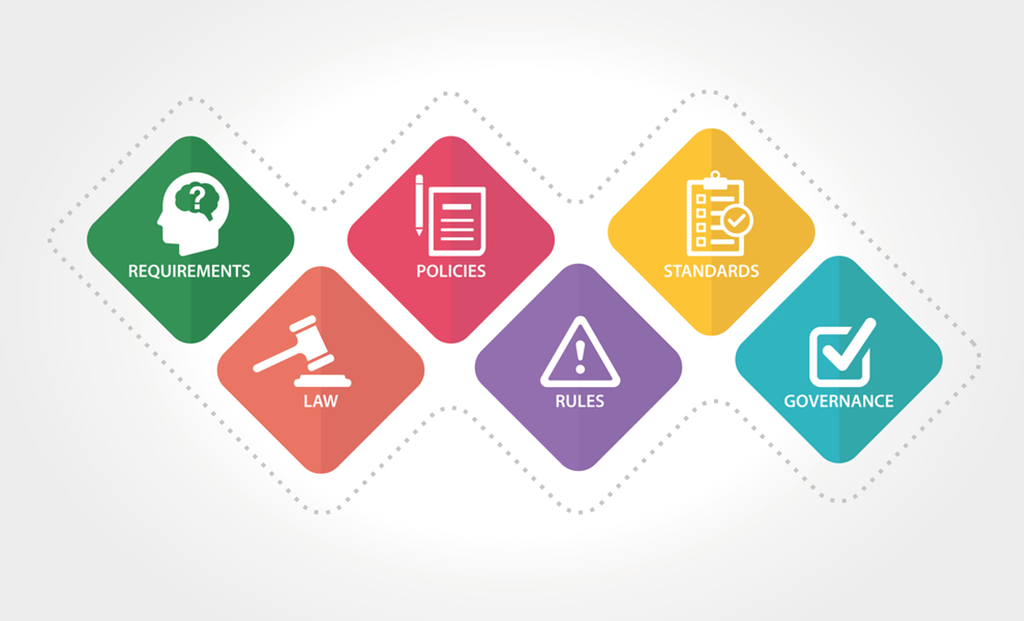In the rapidly evolving digital landscape, information governance has emerged as a crucial tool to ensure the effective management and security of data. Yet, crafting a successful information governance strategy is no mean feat. By homing in on best practices, organizations can navigate the world of data regulation and management with confidence. Here, we discuss five such practices that are pivotal for successful implementation.
Assemble a Cross-Functional Team
Your information governance policy isn’t solely the purview of the IT and legal departments. A holistic approach mandates that multiple departments, from compliance and risk management to HR and data privacy, have a seat at the table. Why? Because each department brings unique perspectives on risks, metrics, and criteria. You also do not want a stakeholder to find out about the policies after they are written and ready to be implemented, just to throw up objections and become antagonistic about how to approach it.
Furthermore, by incorporating diverse voices, you’re more likely to create a robust Legal Governance, Risk, and Compliance (GRC) strategy. The strength of your GRC strategy can make or break your information governance plan, so ensure all stakeholder groups are represented right from the planning stages.
Conduct a Comprehensive Data Audit
Before you can govern data, you need to know what you have. A comprehensive audit will reveal not just your main data sources, but also lesser-known ones like backup tapes, legacy software, and old data archives. Mapping out this data is paramount to creating an effective governance plan.
Modern technological advances are a boon in this context. Data discovery tools can unearth sensitive information across diverse sources, ensuring that nothing falls through the cracks. With new data privacy regulations like the GDPR and CCPA in play, understanding your entire data landscape has never been more essential.
Understand Legal and Regulatory Requirements
Regulation is a driving force behind many information governance initiatives. From industry-specific mandates to broader laws like GDPR, staying compliant is both a challenge and a necessity. But it’s not just about ticking boxes. Effective governance means understanding these requirements inside out.
For instance, while GDPR sets out clear data retention standards, other regulations might be more ambiguous. Your governance policy should accommodate both the clear-cut and the vague, ensuring you’re always on the right side of the law. Regularly updating your knowledge and adjusting your policies in line with regulatory changes is key.
Prioritize Training and Break Down Silos
Training isn’t just about showing your team how to follow protocols. It’s about creating a culture where information governance is second nature. Every employee, whether they’re on the frontline of data management or not, should understand the ‘why’ behind your policies. This deeper comprehension motivates adherence.
Furthermore, information governance isn’t a one-department job. Ensure that knowledge doesn’t remain siloed. A member of the Data Subject Access Request team, for instance, should not only know their specific role but also grasp the broader picture. Equip your team with the tools and know-how they need, and make sure they understand the significance of their contributions.
Establish Mechanisms for Accountability
Policies on paper are just that – paper. To bring them to life, there must be mechanisms in place to measure and ensure compliance. Regular audits, both scheduled and surprise, can gauge the temperature of compliance within the organization.
However, remember, the goal isn’t to ‘catch’ non-compliers but to ensure continuous adherence. Have clear corrective measures in place for when things go awry. Establish consequences ahead of time so that everyone knows what’s at stake. And most importantly, be consistent in your enforcement to create a culture of accountability.
Navigating the complexities of modern-day information governance requires more than just best practices; it necessitates the right tools and partners. Rational Governance not only ensures regulatory compliance by actively identifying risks, but also bolsters regulatory compliance by tracking and controlling every document from its inception.
Furthermore, in the face of potential breaches, RG offers rapid insights into data exposure, enhances data loss prevention strategies, and plays a pivotal role in preserving essential enterprise knowledge. By integrating Rational Enterprise’s offerings, businesses can elevate their information governance strategy, ensuring they remain compliant, resilient, and ready to tackle future challenges.

